In the wake of our recent office move, we’ve been trying, without notable success, to bring some sort of order to our vast archive of music-related material going back some 60 years. Here’s a sample.
Launched in 1959, Music Week was the weekly music industry essential reading from major record company execs through to record retailers. We must have been encouraged by this headline in the Music Week Talentscene feature back in April 1974.
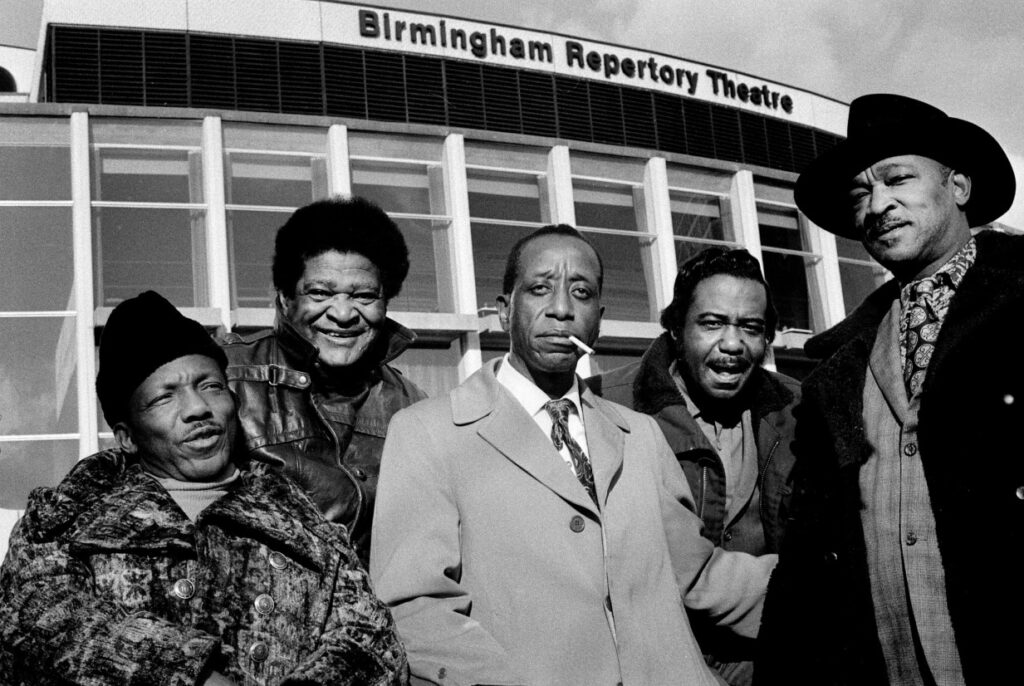
Big Bear Records is not an American company, it is based in Birmingham, and blues music is not boring and tedious, it is imaginative and exciting. Overcome the misconceptions and raw blues music becomes more than a few ageing American musicians self-indulging themselves on guitars and harmonicas, it takes on a truer identity as the musical roots of modern bands like Cream, Derek and The Dominoes and The Allman Brothers.
These are substantial claims from Jim Simpson, the original UK blues pioneer and instigator of Big Bear Records, Music, Management and hopefully soon a Big Bear record label in the UK, who is finding himself more and more a blues missionary to the world. Simpson is a true believer in the commodity he is trying to sell. He tempers his natural zest for the music with a belief in the demand for blues in this country, albeit undernourished.
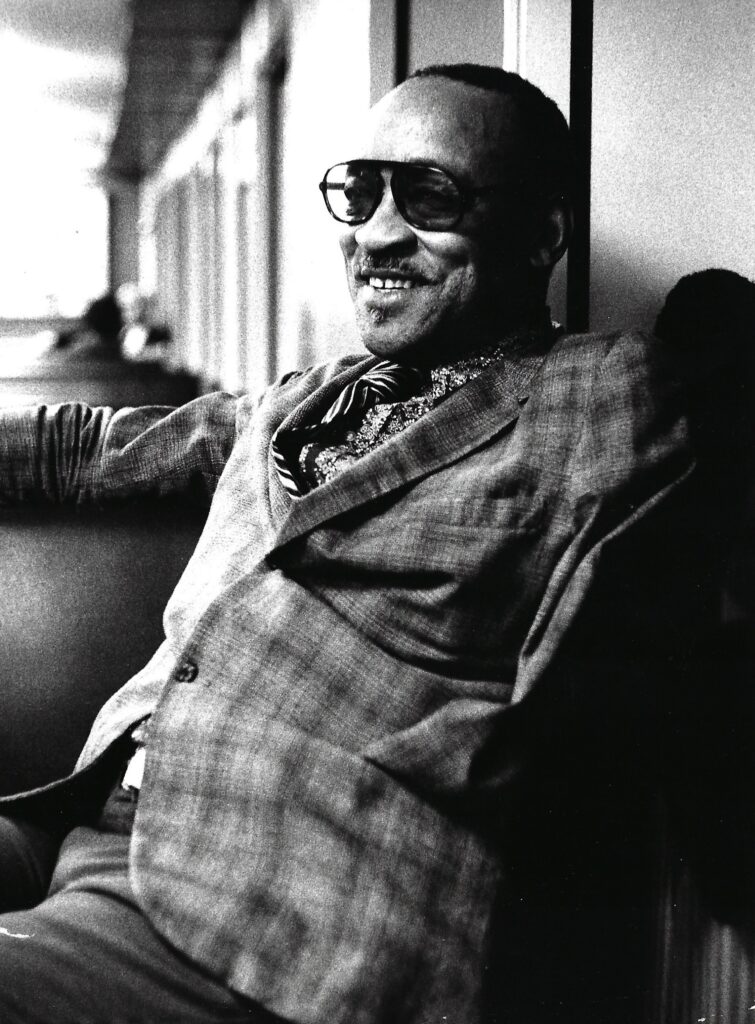
It is in the role of quartermaster that Simpson has set about the sometimes thankless, sometimes rewarding task of trying to resurrect the blues heyday of the forties and fifties in the rock filled seventies, and feed the latent following that hides behind the respectability of bands like the Cream, Derek and The Dominoes and The Allman Brothers.
Given a chance and the right sort of promotion, there is no reason why today’s blues artists should not be as popular as their disciples.
If names like Alexis Korner’s Blues Incorporated and John Mayall’s Bluesbreakers can inspire the modern rock scene, then to Simpson’s way of thinking there is no reason why Doctor Ross, Eddie Playboy Taylor, Cousin Joe Pleasant should not inspire a revival of raw blues.
One of Simpson’s greatest fears is to see the Big Bear blues catalogue split apart as albums are taken one by one for one-off deals, mainly to cover the overheads of running Big Bear.
“I want to keep the catalogue together as much as possible”, explained Simpson, “then we will have the strongest possible catalogue when we get our own label.”
Simpson’s other fear is that blues music in its original form will die away as the artists grow old, unreplaced, and he feels it his personal task to put on record their music while they are still capable of playing.
“I had a deal with Polydor under which we put out Dr Ross, Gene The Mighty Flea Connors, American Blues Legends 1973 and Johnny Mars albums”, he added, “but it did not work out and has since ended.”
At the moment he has an occasional deal with Virgin but otherwise the only way to get new releases in the UK is to import them from those countries where the Big Bear label is alive and releasing.
This means that the cost of new blues albums coming into the UK from Belgium, Holland and Luxemburg goes up from around £2 to nearer £3 because of the importing costs and currency differences.
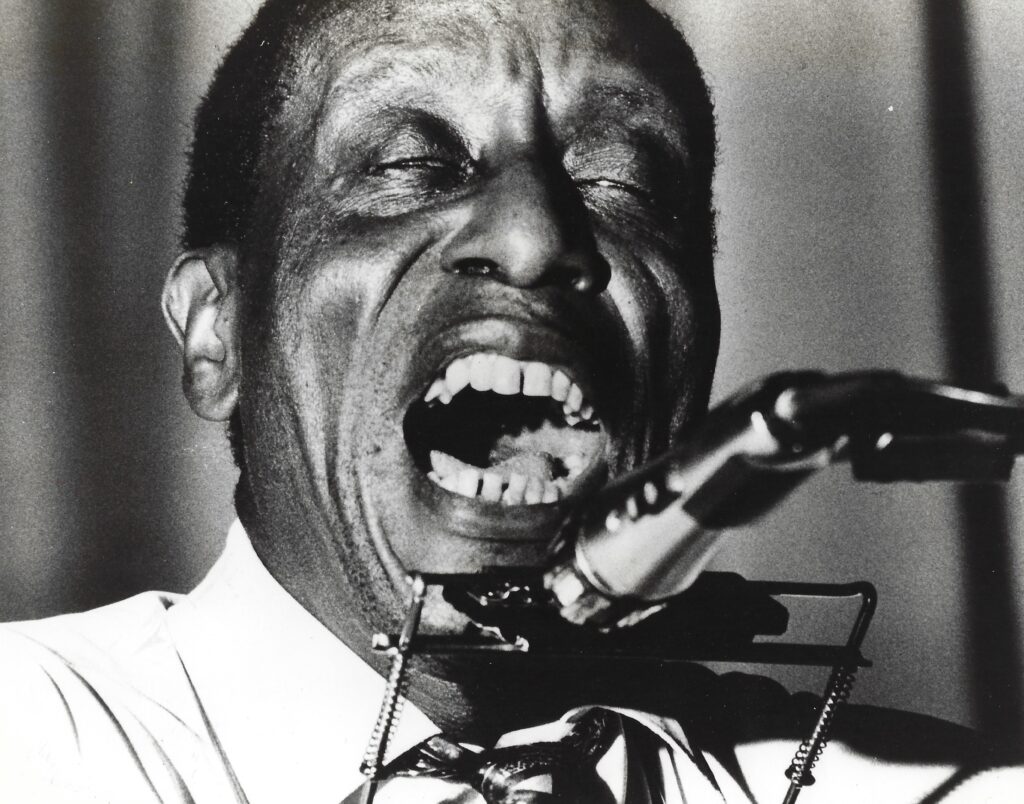
Previous deals with UK companies have not tapped the blues following to the full, ineffective promoting by companies has often given the impression that blues music is not a popular and viable proposition. But Simpson knows that to get a deal for his own record label he has to prove this wrong. He has already brought blues to more ears through a series of UK and European tours, and proved the point about bad promoting by distributing records personally. In Birmingham he sold 80 copies of the Blues Legends ’73 albums to dealers in one morning, and for the same album in Switzerland sold 800 copies from the back of his car in four days, after the company there had only managed to clear 200.
Simpson has recently been involved in the American Blues Legends 1974 tour, which meant looking after 5 ageing blues artists travelling from date to date.
“The tour was a great success”, enthused Simpson, “only two dates were disappointing, the audiences were very enthusiastic, especially up North.”
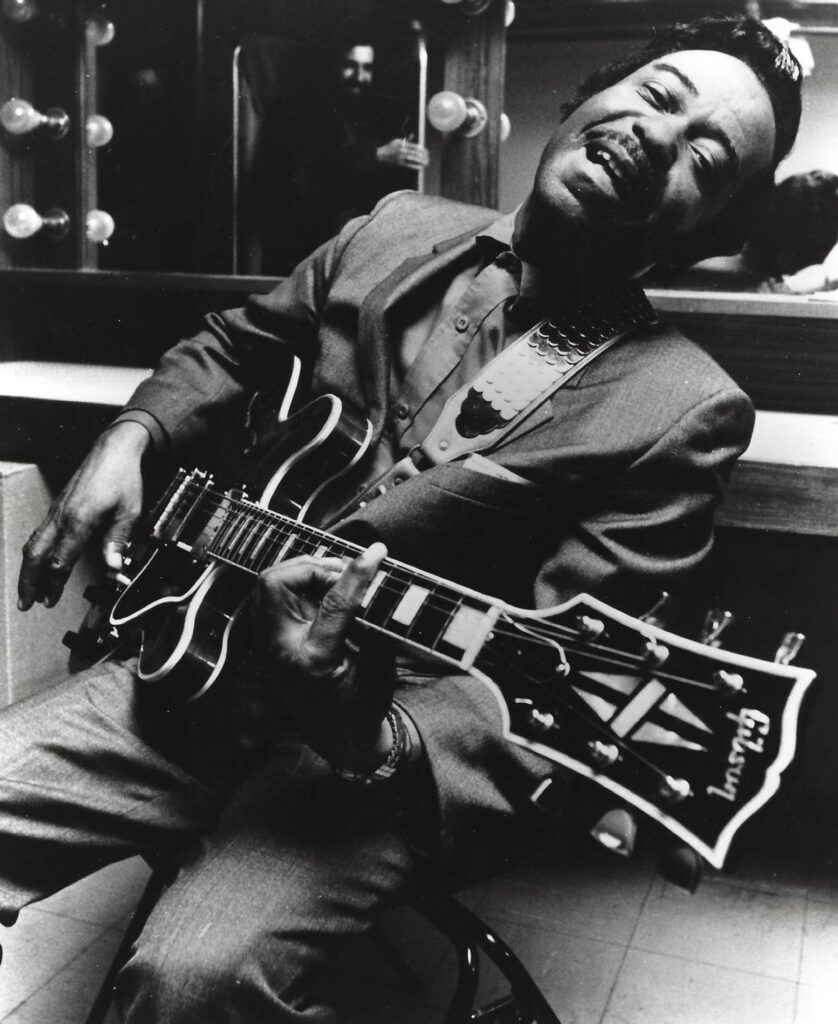
During the tour, exposure on the media was very impressive. Following last year’s hour long Old Grey Whistle Test Special programme devoted entirely to the blues, Dr Ross and Cousin Joe Pleasant were interviewed this year and Cousin Joe has played a set. BBC’s Nationwide news programme included a 12 minute piece on the blues, and local tv stations covered the subject no less than eight times.
Even the straighter media succumbed to the temptation, both the Observer and Guardian newspapers ran features and on February 17 Blues breached the hallowed tradition of Birmingham’s repertory theatre.
“If we can get through to the straighter media, then things must be healthy”, beamed Simpson.
All in all, the English leg of the tour embraced 20 dates in 21 days from their arrival on February 1, and carried over the Channel to a 13 day European tour to Holland, Belgium, Germany, France and Switzerland. For most artists this is a very rigorous itinerary, but for the blues legends who are considered to be young at 45, the feat is truly commendable.
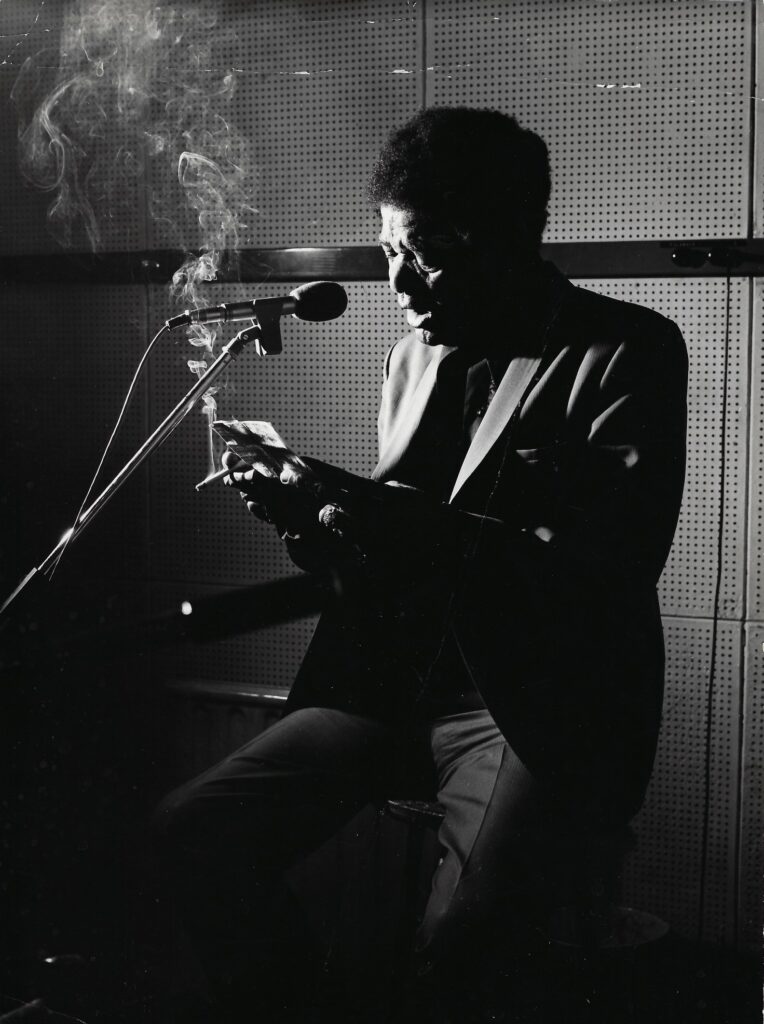
Most of the artists on that last tour were over 50, the oldest was Cousin Joe Pleasant who has scored 66 piano-playing years. Doctor Ross the harmonica boss is approaching 50, was an early star of Sun Records, made a big hit at the Lincoln Festival, and penned one of Cream’s most successful tracks, “Cat Squirrel”. George G.P. Jackson is a 53 year old slide guitar wizard; Eddie Playboy Taylor, a legendary guitarist, best remembered for his 37,000 selling hit, Big Town Playboy in 1954; Big John Wrencher, a 50 year old, one armed harp player.
Their best work is usually found on other people’s records, but as individuals their stage antics are as colourful as their names. They are rather puzzled as to why anyone should take an interest in their music which to them is merely a hobby, other priorities queue before music, women and alcohol. It is not rare to find them on stage drunk, climbing curtains, hiding under pianos or growling at the audience – that it the way they have always performed.
By offering them fair recording contracts and tour deals, Simpson has restored their faith in management and convinced them that no-one is out to make a fast buck at their expense as so often happened in the past. This made them so disillusioned with the professional world of entertainment that many had replaced music with more mundane work on the wage slip. Simpson has already coaxed Snooky Pryor from his carpenter’s job of 12 years, and rescued the talents of 70 year old Lightnin’ Slim from a metal foundry.
Now, with the tour completed, Simpson can return to his rounds of record companies. Big Bear has plans to release a Mickey Baker album, “Take A Look Inside”, and a Dr Ross album called simply, “The Harmonica Boss”. Things maybe looking healthy for the blues but the ignorance still remains, ironically to a greater extent in the home of the blues, America. Eddie Playboy Taylor has been booked into the Boston Jazz Club for a gig, but it was Big Bear in Birmingham that arranged it!

